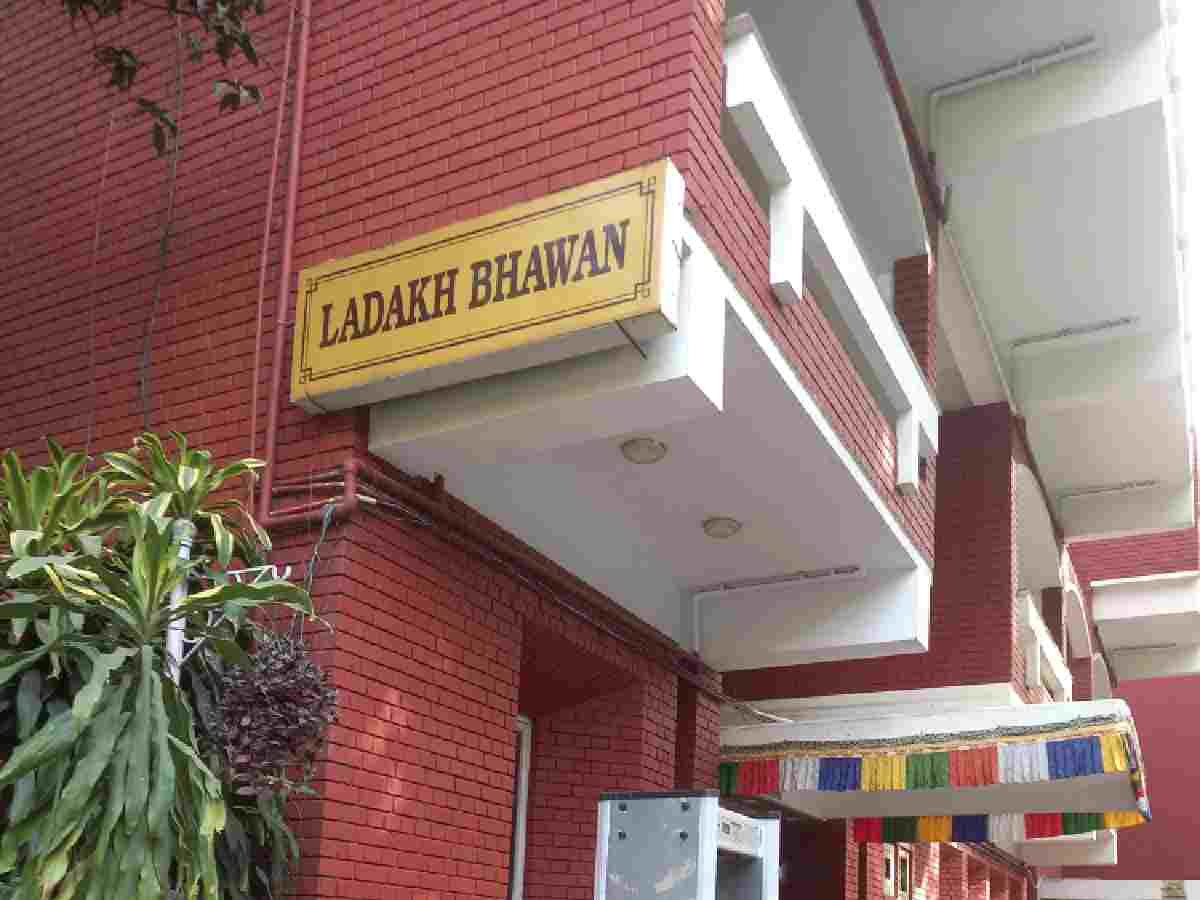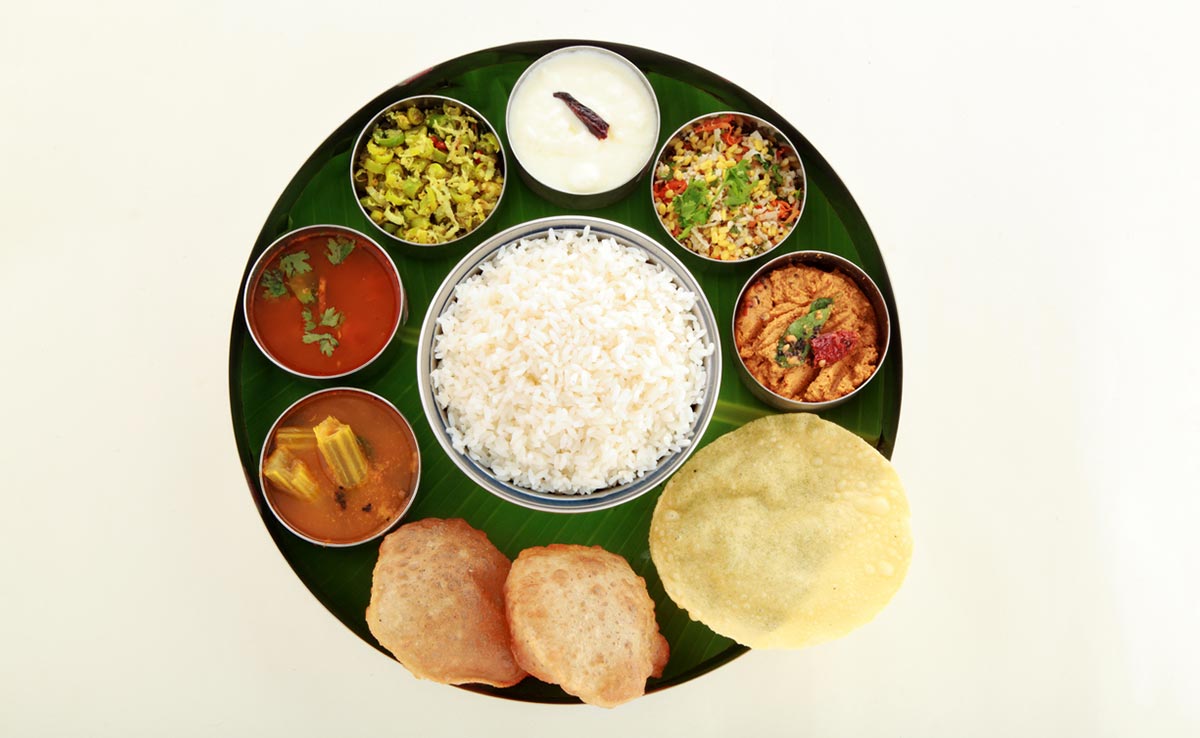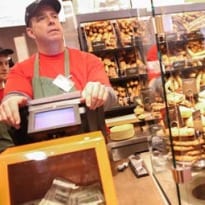Would you happily fork out for a meal if you could decide how much you were prepared to pay?
As the age-old adage goes, there's no such thing as a free lunch. There is, however, a lunch that can cost you less that it should. One that, if you are bold - or greedy - enough you could even have for free. "Pay what you want" restaurants invite customers to do just that. The idea relies on the belief that people are inherently honest, and given the option, would happily stump up the cash.
It's nothing new(and neither is it restricted to restaurants, As the Radiohead famously showed) - honesty boxes are often used by farms and small shops in rural areas to shift excess produce - but it's becoming increasingly common in restaurants and cafes. In many instances, the pay-what-you-want scheme has been a quick path to publicity and an easy way to get people through the door. Tanner & Co in Bermondsey, London, ran a week-long pay-what-you-want promotion on launch earlier this year, while the Little Bay group of restaurants, owned by Peter Ilic, has run similar short-lived promotions.
But there are examples where it's more than a gimmick. The US bakery chain Panera Bread Cafe runs five locations with a take-what-you-want, leave-your-fair-share policy, the hope being that those who do pay might cover those who don't or can't. Three years in, it has proved a success, with a reported 60% paying full price, 20% paying less or nothing, and 20% paying more. In Berlin (of course it would be in Berlin), the Weinerei has been a pay-what-you-want operation for over a decade. Owner, Jürgen Stumpf started a simple shop to sell wine from the family vineyard and wasn't sure what to charge, so left it to his customers to decide. Quickly finding success as an informal - and trusting - winebar, it later evolved into a restaurant when his neighbour started cooking.
Back in London, Just Around the Corner restaurant became the UK's first model, says Ilic, who opened it in 1985. It has since closed, but ran successfully price-free for over a decade. Ilic realised that people often paid more than 10% service, and decided to give new customers the option of choosing: "I thought I would run it for two or three months and, if I was losing money, stop." Part of its success was down to location. "If you open in a student/tourist area, it's not going to work," he points out, "it worked well in the mainly residential area [Finchley Road]."
This is something Chris Bennet seemingly overlooked when he opened the Dock Cafe, a faith-based community cafe, which runs an honesty box system at the Titanic Quarter of Belfast. By Ilic's estimation, the Dock Cafe's location in a newly renovated tourist hub, opposite a college, should be a perfect storm of freeloading. Yet several months on, it's still going strong, offering tea, coffee, cakes and soups, all priced at the discretion of the customer, although Bennet (one of the resident Chaplains) admits the student effect is noticeable: "You can see the income spike go up and down, depending on whether it's term time or not."
Their route into pay-what-you-want came from necessity, as the site developers didn't want a commercial operation. Although that has since changed, they're sticking with the honesty box, in part because it is an ideal they like to promote, but also because it's something they have become known for - the publicity and reputation it brings is enough to keep it going.
Whether the pay-what-you-want model makes for an enjoyable customer experience is another matter - it may seem attractive for the economically restricted (and stingy), but it goes against the face-saving British character. And consider the fact that each diner has to ponder how much each dish is worth - that would surely spoil most people's dining experience. No matter how noble or honest the cause, no one should have to eat in a restaurant filled with critics.
Boston's Panera Cafe ... no fixed prices. Photograph: Alamy










